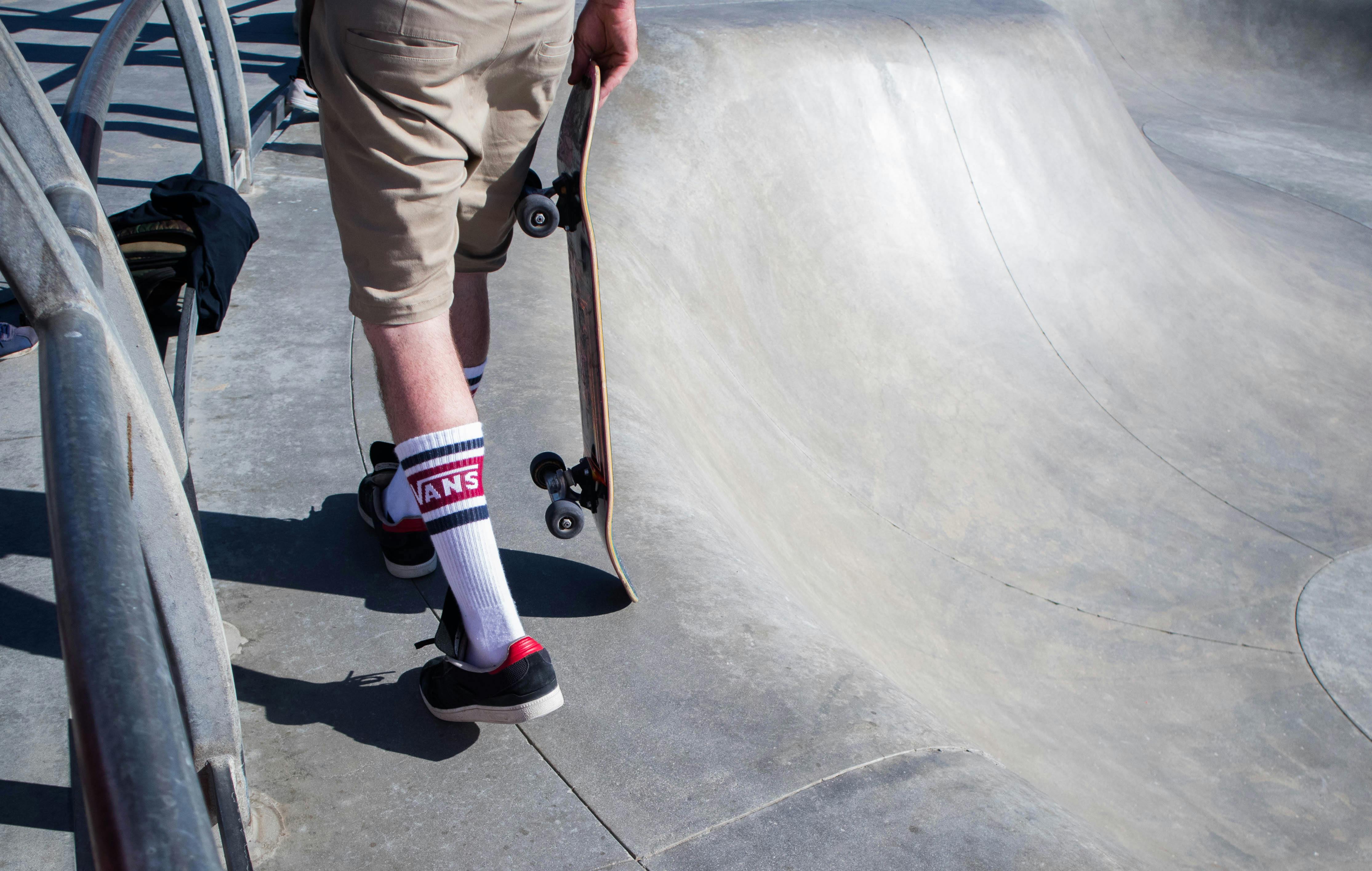Olympic Hockey – Early Years Trivia
Disguised as a winter sporting event, the first World Championship games were a demonstration event at the 1920 Summer Olympics. One stipulation was that if hockey was played, figure skating must be included. Sweden blanked the host team of Belgium 8 – 0 on April 23, 1920 in Antwerp in game #1. Bill Hewitt umpired the first hockey game. Kristmundur “Chris” Fridfinnson scored the goal that gave Canada its first Olympic gold medal. Einar Svenson scored the first goal against Canada in Olympic competition. Nursing lead 3 – 0, Svenson scored for the Swedes at 15:58 of the first half. It should be noted that the first Olympic hockey games were divided into halves from 2 to 20 minutes.
MEDALS: GOLD – CANADA… Silver – United States… Bronze – Czechoslovakia
1924: The 1924 Winter Olympics, officially known as the First Winter Olympics, were held in Chamonix, France. Originally called Semaine des Sports d’Hiver “International Winter Sports Week” and held in association with the 1924 Summer Olympics, the sporting competitions held at the foot of Mont Blanc in Chamonix, Haute-Savoie, between January 25 and 5th February. Harry Watson played 5 games and scored a hat-trick in each competition. Getting off to a fast start, Harry scored a total of 11, 13 and 6 goals – 3 games in three days. After a day off, Watson scored hat hats against Great Britain and the USA in the medal competition. Still a total scoring record… 36 goals for the tournament. Canada split 17 hat-tricks among 4 players. After representing the US in the 1924 Olympics, Al “Frenchy” Lacroix became George Vezina’s backup with the Canadians. Lacroix took over from Vezina during the 1925-26 season. Alphonse Albert Lacroix hailed from Newton, Massachusetts.
MEDALS: GOLD – CANADA… Silver – United States… Bronze – Great Britain
1928: At the 1928 Olympics, the Canadian gold medal winners “shut out” the opposition entirely. Represented by the U. of Toronto Grads, Canada shut out European opposition three times in a row. Due to their well-known superiority, Canada was given an automatic “bye” in the medal round. They claimed the Gold by shutting out Sweden 11-0, Great Britain 14-0 and Switzerland 13-0. Dr. Joe Sullivan recorded the shutouts in games #1 and #3. “Stuffy” Mueller blanked Britain. Future Montreal Maroons teammates Hugh Plaxton and Dave Trottier led Canadian scoring with 12 goals each. Despite not being behind the bench, Conn Smythe was awarded a gold medal at the 1928 Olympics. Two of the players from Canada, Hugh Plaxton and Joe Sullivan, lobbied for their relatives to make the 1928 Olympic team. Smythe did not agree. Frank Sullivan, Roger and Bert Plaxton were added. The players won the dispute. They went for the Gold. Conn Smythe stayed home. Manager Bill Hewitt was left in charge of the Canadian team.
MEDALS: GOLD – CANADA… Silver – Sweden… Bronze – Switzerland
1932: The rules regarding the amateur status of players competing in Olympic tournaments were very strict. Once again, the US Olympic Committee bent the amateur vs. professional in 1932. Before the Lake Placid games, the American team played the Boston Bruins. The US Olympic team received receipts for the game. The Americans claimed that they could not afford to travel to the games if they did not accept the revenue. The Canadians refused to file a protest. The opening matchup of the 1932 Canada vs. The United States was late. Prior to the action, US goalkeeper Frank Farrell had his goalie guards strapped down so tightly that they were within the legal width. When the goaltender’s knees were together, the pads could not be more than 20 inches wide. The two-umpire system was accepted. Only two men officiated all the contests… Lou Marsh from Canada and Don Sands from the United States. The tournament was a double round-robin series. The teams played periods of 3 to 15 minutes.
MEDALS: GOLD – CANADA… Silver – United States… Bronze – Germany
1936: The Port Arthur Bearcats were chosen as Canada’s representatives in the 1936 Olympics by default. The usual procedure was that the Allan Cup champions of previous years would be Canada’s team of choice. However, the 1935 Halifax Wolverines lost most of their best players after their Allan Cup victory. Faced with the impossibility of putting together a competitive team, the Olympic committee chose the runner-up Bearcats. Canada’s Olympic streak reached 20 before suffering its first loss. After 3 victories in Group “A”, the Canadian team was defeated by Great Britain 2-1. February 10, 1936: Chirp Brenchley scored the game-winner at 13:48 of the third period. Carl Erhardt was the oldest player to win an Olympic gold medal in hockey. Born February 15, 1897, Erhardt captained the 1936 Olympic champions. Carl was 39 years old at the time.
MEDALS: GOLD – GREAT BRITAIN… Silver – Canada… Bronze – United States
